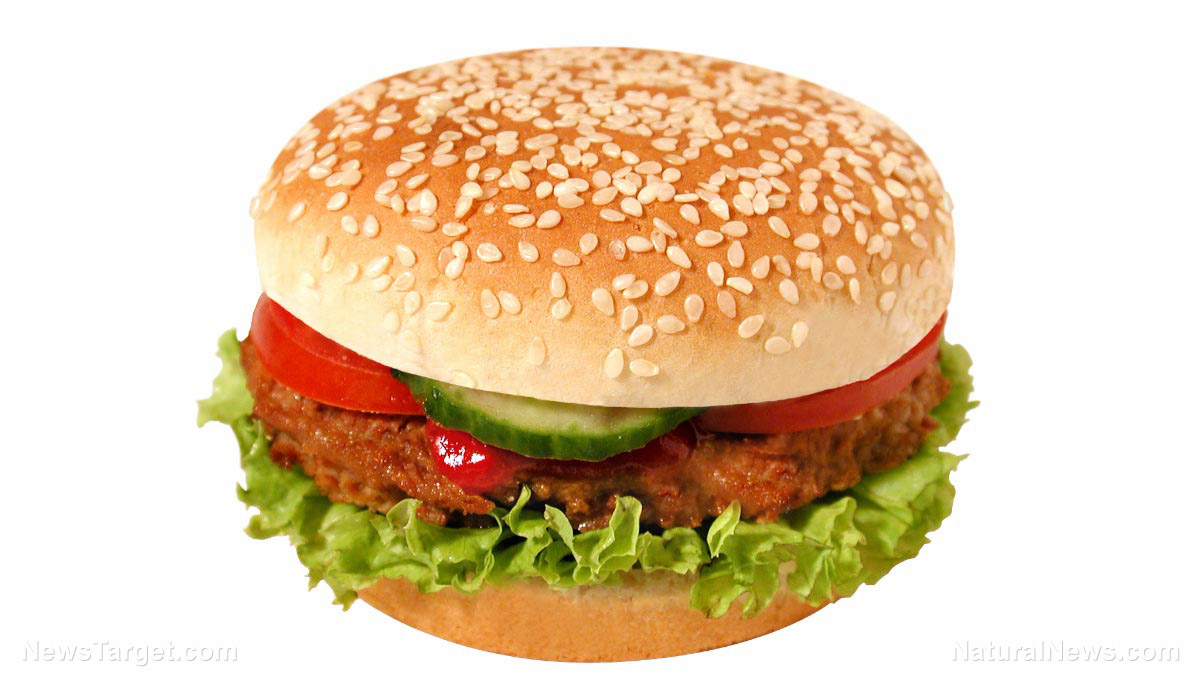
Advertisement
A lot of research has already been done on how prostate cancer can be effectively kept at bay by consuming apples and grapes. One such study, published in the journal Precision Oncology, found that the ursolic acid in apple peels and the resveratrol in grapes were among the most effective nutritional compounds that can starve prostate cancer cells and halt their proliferation.
The researchers tested 142 different natural compounds to see which ones were able to inhibit the growth of prostate cancer cells. The most promising active ingredients were ursolic acid, which is commonly found in apple peels and rosemary; resveratrol, a natural compound common in berries and grapes; and curcumin, which is found in turmeric.
Furthermore, the study showed that combining ursolic acid with resveratrol prevented prostate cancer cells from consuming the compound known as glutamine, which malignant cancer cells need in order to grow.
“These nutrients have potential anti-cancer properties and are readily available,” said study author Stefano Tiziani. “We only need to increase concentration beyond levels found in a healthy diet for an effect on prostate cancer cells.”
Tiziani further adds that he believes taking a combination of these nutrients can have a better effect on prostate cancer than other existing anti-cancer drugs.
The recent findings may have positive implication in prostate cancer management. According to Cancer.org, prostate cancer is the second most common form of cancer in American men after skin cancer. The organization estimated that about 161,360 new cases of prostate cancer may be diagnosed in 2017, while about 26,730 deaths may occur in the same year.
The American Cancer Society also noted that one in seven men will be diagnosed with prostate cancer during his lifetime. The condition is also more prevalent in older men, with an average diagnosis age of 66 years old.
Other benefits of apples and grapes
Other studies have shown how beneficial apples and grapes are in the fight against cancer. One similar study has shown that the resveratrol in grapes can not only protect against prostate cancer, but also breast, liver and stomach cancers and lymphoma. The American Institute for Cancer Research further showed that the fiber in apples may be able to decrease the risk of colorectal and breast cancer.
Cancer isn’t the only thing apples and grapes are good for. Here are several other benefits that you can get from including more apples and grapes in your diet.
- Filled with nutrients – Apples and grapes alike are nutrient-rich superfoods. Apples contain vitamins A, C, E, K, B1, B2 and B6 as well as potassium, manganese and copper. Grapes, meanwhile, are filled with vitamins B1, B2, B6, C and K as well as containing healthy amounts of fiber, potassium, copper and manganese.
- Can protect against diabetes – Studies have shown that eating apples regularly can lower a person’s risk of developing type 2 diabetes by as much as 28 percent. Different studies have found that compounds in grapes can decrease blood sugar levels.
- Good for bone health – Fruits are known to improve bone density, which is a marker for good bone health. Different studies have shown that the properties in apples and the resveratrol in grapes can both improve the body’s ability to retain calcium.
- Can protect the brain – Grapes contain compounds that can improve memory, attention and even mood. Meanwhile, apple juice may be able to protect the body against age-related mental decline.
- Good for heart health – Both apples and grapes contain a lot of compounds and nutrients that can reduce cholesterol and lower blood pressure levels, which in turn lowers your risk of developing heart disease.
Many superfoods out there contain nutrients that can help deal with medical ailments. To learn more about these different foods, check out the articles at FoodCures.news.
Sources include:
Advertisements







